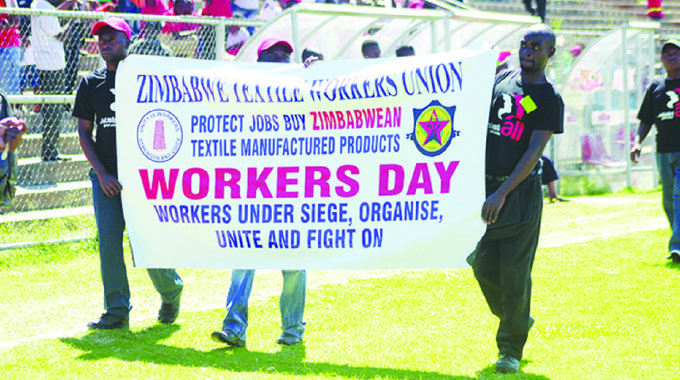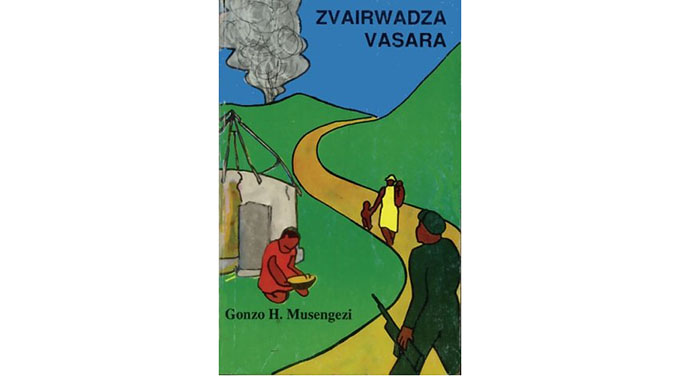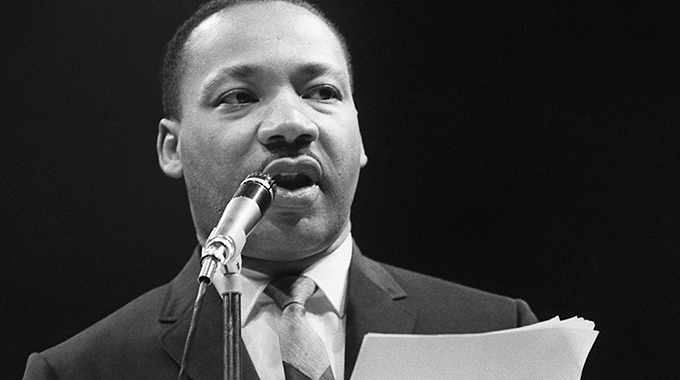Press Freedom Day: Zim poised for media transparency
Elliot Ziwira Senior Features Writer
YESTERDAY journalists around the globe celebrated World Press Freedom Day under the theme “Keeping Power in Check: Media, Justice and the Rule of Law”, amid reports by the Geneva-based Press Emblem Campaign (PEC) that 44 scribes were killed in 18 countries during the first four months of 2018, up from 28 in the comparative period last year.
The way governments treat journalists, and in most cases gag their voices contravene Article 19 of the United Nations’ 1948 Universal Declaration of Human Rights, which states that: “Everyone has the right to freedom of opinion and expression; this right includes freedom to hold opinions without interference and to seek, receive and impart information and ideas through any media and regardless of frontiers.”
In their search for the universal truth that shapes their profession, journalists have often found themselves in the line of fire, calling to scrutiny what really constitutes freedom of expression, especially with the advent of technological advancements in information dissemination.
While it is increasingly becoming a headache for most governments, in developed and developing countries alike, to monitor or regulate social media platforms like Facebook, WhatsApp, Twitter and Instagram, which usually disseminate unverified, one-sided or false narratives, legislation should be put in place to protect journalists as well as national interests.
While it is important that individual right to expression is respected and guaranteed, that right should also not infringe on others’ rights as well as override national interests.
According to Dr Agnes Callamard, Director of Columbia Global Freedom of Expression, “International human rights law recognises that sometimes it is necessary to limit individual rights to protect national security or respond to situations of public emergency.”
A modicum of balance ought to be put in place, where the individual faces the risk of losing himself/herself in a conundrum that calls for the stomach to shift to the brain, and where sometimes the brain seeks to shelter in the stomach.
In such instances, journalists find themselves having to self-censor themselves in accordance to the house policies set out by their employers, and not necessarily by government.
As journalists face murder, harassment, self-censorship and censorship in an environment where the state enjoys monopoly on the print and electronic media, as is the case the world over; it is imperative to track how Zimbabwe has fared in freeing airwaves and according the Fourth Estate a platform to keep power in check.
Although there may still be some grey areas, the new dispensation in Zimbabwe is poised for media transparency, especially so as the country shifts from an era that was largely blamed for its restrictive tendencies on individual expression.
The three organisations that monitor the freedom of the Press across the world; Committee to Protect Journalists, Freedom House and Reporters without Borders, use the same indicators like the number of journalists killed or jailed, media outlets owned by the government, how many are owned by independent players, the number of outlets sued for libel and kind of laws in place, to determine a country’s commitment to freedom of expression.
Using such indicators as outlined above, as yardsticks, it may not be farfetched to say that the Government of Zimbabwe is relatively tolerant and compromising when it comes to freedom of the Press.
True, journalists may be caught up in skirmishes here and there, injured even, in their course of duty, regardless of the media outlet they work for; State-owned or privately-owned, but no journalist has been killed or jailed, for expressing divergent views.
Screaming polarised headlines and bills are not new, neither are they few in our everyday travails as a nation; but death or the jailhouse is yet to permanently claim scribes. They may be arrested, yes, but that they are jailed; no.
On the aspect of government ownership of media outlets as compared to those that are independent, the disparity is not that of regulation, but ability on the part of players, especially on print media.
The independent press is visible, and often project its voice unfettered, as compared to countries like India and China. There are around 1 900 newspapers in China; with each city having its own title, published by the local authority, plus a local Communist Party daily. All of China’s 2 600-plus radio stations are state-owned, (BBC News).It may be well for the Chinese to maintain stability that way. The Government of Zimbabwe owns one TV station, and four radio stations through the Zimbabwe Broadcasting Corporation (ZBC).
The ZBC TV’s monopoly is set to end, as new independent players are licensed to operate.
Speaking after touring digital broadcasting transmission sites recently at Kenmaur in Lupane, Matabeleland North, Information, Media and Broadcasting Services Secretary Mr George Charamba outlined the Government’s commitment to limiting entry barriers and facilitating the sharing of infrastructure, through legislation. The new law, he said, will lead to the setting up of a one stop engineering company that will deal with all broadcasting issues that players may have, as opposed to the current situation where Transmedia, which is ZBC related, enjoys a monopoly.
“This is a legal question to attend to and that’s where the ministry comes in on behalf of Government. We have to revisit the whole legal architecture and institutional framework because we can’t have ZBC doing content creation, engineering, broadcasting and monitoring.
“What we need to do is revisit the whole infrastructure framework and what’s important in my mind is to rewrite the law to take into account the multiple players in the industry and to make sure content producers are protected,” Mr Charamba said.
With the opening up of airwaves to other players like Zimpapers, through its radio stations Star FM and Diamond, Kingstons Enterprises’ Capitalk and Nyaminyami, as well as Econet Media, which was granted three licences for Web Casting, Video On Demand and Content Distribution, ZBC has lost its monopoly on the waves, demonstrating the Government’s commitment to media freedom.
As journalists and other media watchdogs continue to lobby for the enactment of new laws that protect practitioners in the discharge of their duties, they should also applaud the milestones already set, and understand that they are also responsible for the same laws to work for the betterment of our nation.
A nation is as good as its Fourth Estate, therefore, Press Freedom should not be construed to be the right to attack perceived enemies across the political divide.





Comments